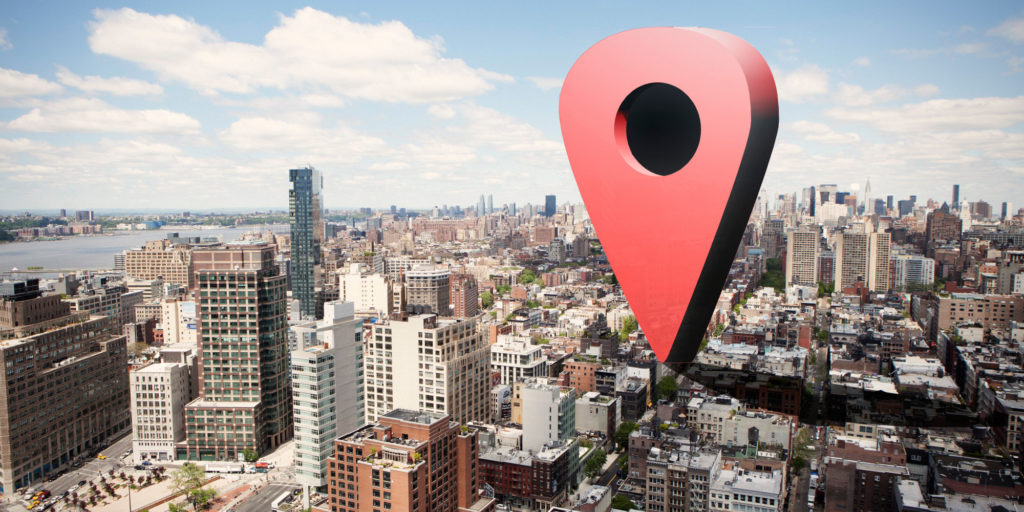
There are many factors that contribute to the success of a new store, but one of the most critical elements is your location. You may have done everything perfectly, but in the wrong site, your business could easily fail.
As with all other aspects of business, you need thorough research and careful planning when it comes to the ideal location. This begins with a crucial step: understanding the requirements of your business format. Different formats have different needs. For example, convenience stores need to be in urban areas with heavy foot traffic, while a grocery store can be located in residential areas that have ample parking space.
Once you have identified the needs of your business format, you can assess locations based on these criteria:
In any business, one of the first things you do is you identify your target market. What are their income brackets? What brands do they buy? What are their buying habits? When you determine these, you can also figure out the areas they frequent. You can look at these areas for your store location, because your target market is already there.
You have to make it easy for your target customer to visit your business. If your business format requires a lot of foot traffic, you can choose locations along main roads or busy streets, or near public transportation routes. Do you expect your target customers to drive to your store? You may need ample parking space and a large driveway. The flow of traffic is also an important consideration, especially since roads that are one-way today may become two-way in a few years, or the flow of vehicular traffic may change. Which side of the road would be better? Are there upcoming commercial or residential developments that might affect your business?
Study not only the current business landscape, but also the future of that area. Many thriving business and commercial districts started out as idle or undeveloped locations five or ten years earlier. In addition to researching upcoming developments, you can assess current and potential competitors in the area to see how you can compete with them.
Often you have to look at multiple locations because you have to open more than one store. But it’s not practical to open one store in one place, and then open a second store on the other side of the country. If the locations are too geographically distant, you will have problems with logistics. You may want to consider opening multiple stores in a single city, business district or region, for example. This will help build your brand recognition, paving the way for expansion to other areas in the future.
There are many risks to consider when setting up a new business or opening a new store. Some of these risks you can plan for, such as prospective sites in flood-prone areas or earthquake zones. Other risks are difficult to predict, such as changes in traffic management schemes or a large shopping mall suddenly opening. Think of possible situations that might have a big impact on your business, and draft contingency plans for them.
One of the most important things to remember when choosing a new location is your budget. There are many costs involved in opening a new store, and it may be tempting to spend a lot on what you think is the ideal location. If you find an optimum space that is over your budget, think carefully if it is worth the expense. The additional cost of this location could be detrimental to other aspects of your business. Did you find a low-cost location? Cheaper is not always better.
These are a lot of factors to consider when choosing a new location. How do you decide? You can assign a weight to each criterion, determining which factors are most important for your business format. Then you can create a score card for the different locations you are considering, and see which one is the most ideal. When you find your ideal location, you are already contributing to the success of your business.
About the Author:
Eric Poiret
Strategic Planning Director – EuroAsia Research Experts
Eric has a solid experience of more than 25 years in the management of retail chains in the Gulf Region, Asia and France. Before becoming the Chairman of ERE, he was Managing Director for Metro Gaisano, Chief Operating Officer for ASWAAQ, a Dubai Government-owned company, and Chief Executive Officer for MAF Carrefour KSA. Eric Poiret’s expertise lies in strategic planning and operations management.